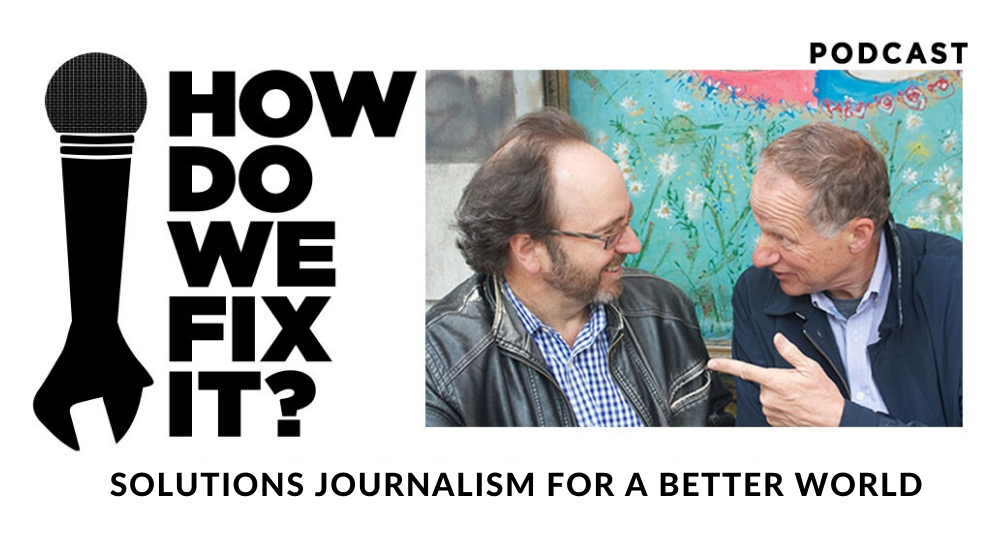Partisanship is up, trust is down and social media encourages us to believe we're right and everyone else is either ignorant, stupid or evil. But avoiding difficult conversations with those we disagree with is a big reason why our nation is so bitterly divided.
Journalist Mónica Guzmán set out to discover what was blinding us and learned that the best tool we have we're not using: Our own curiosity. In this episode we learn about her personal story as the loving liberal daughter of Mexican immigrants who strongly support Donald Trump. We hear how Mónica discovered ways to overcome divisions that hurt our relationships and society.
Mónica Guzmán is the author of the highly praised new book "I Never Thought Of It That Way". She serves as an advisor and storyteller at the depolarization organization, Braver Angels.
"The anger and the rage that we see out there that defines our division doesn't actually exist that much on the one-to-one level," Monica told us.
Read moreReform advocates are full of good intentions and worthy goals— from ending hunger to improving access to healthcare and limiting the impacts of climate change. But good intentions are not the same as good results.
The efficient delivery of services is important for all citizens. In this episode, we look at how to design technology that makes government smarter, much more efficient, and even friendlier.
Amanda Renteria is CEO of Code for America, a non-profit group that uses coding and other forms of tech expertise to ensure the delivery of equitable digital tools and services. Amanda grew up in California's Central Valley, the daughter of Latino farm workers. She spent years in public service, as former National Political Director for Hillary Clinton, chief of staff for two Democratic Senators and chief of operations for California’s Attorney General.
Read morePartisan gerrymandering— where one party gains an unfair advantage by redrawing political maps to favor its candidates— is unpopular with voters, but widespread in many states. We examine why this process devalues democracy, and how data science is being used across the country to expose many of the most egregious examples, and help voters advocate for fair and transparent redistricting.
Every decade, legislators across the country come up with maps for state and congressional districts. The latest round of changes, due to be finished well before primaries are held before the 2022 midterm elections in November, is facing widespread criticism. Redistricting reformers also see strong ties between partisan and racial bias.
Our guest in this episode shows citizens how they can fight back against local examples of gerrymandering by both Democrats and Republicans. Professor Sam Wang oversees the Princeton Gerrymandering Project, which runs an informative website that helps voters in every state decide if they live in an unfairly drawn legislative or Congressional District.
Read moreAcross the board— from voter access to questions of race and gender, and views of the economy— the gap between Republicans and Democrats has grown wider in recent years. According to recent polling, a rising share of Americans say that having political conversations with those they disagree with is “stressful and frustrating”.
Political polarization and the recent actions of party leaders have prevented compromise and resolution of critical problems.
We discuss five personal ways to reduce polarization with our guest, Kamy Akhavan, Director of the Center for the Political Future at the University of Southern California, and former CEO of the well-known non-partisan site procon.org
Read more